Jewish American Director Sarah Friedland's Venice Film Festival Triumph: A Bold Dedication to Palestinians
In a momentous occasion at the 81st Venice International Film Festival, Jewish American director Sarah Friedland captured both the plaudits of fans and the attention of global political observers. Friedland, a filmmaker known for her keen social insights and compelling storytelling, made a significant and headline-grabbing statement during her acceptance speech. After being honored with a prestigious prize for her latest film, Friedland chose to dedicate her victory to the Palestinian people, shining a light on the ongoing conflict in Gaza. This bold gesture has reverberated through both the film and political communities as a powerful expression of solidarity and support for the Palestinian cause.
In her emotionally charged speech, Friedland did not shy away from critiquing the Israeli government's policies, particularly those affecting Gaza. She expressed her deep concerns about the humanitarian crisis, emphasizing the suffering of Palestinian families caught in the crossfire of a prolonged conflict. Her words were not just a personal statement but a call to the international community to recognize and address the plight of the Palestinians. The imagery and impact of her words underscored a genuine, heartfelt plea for empathy and action.
This act of solidarity was exemplary but not isolated; it was part of a broader trend noticeable throughout the festival. Several filmmakers, including the likes of Palestinian director Scandar Copti, used their moment in the spotlight to voice support for Palestinians and criticize the ongoing blockade and military actions in Gaza. Friedland's dedication thus echoed a shared sentiment among many artists who were in attendance at the festival. Such collective actions transform these creative platforms into venues for urgent political discourse and awareness, bridging the space between art and activism.
The backdrop to Friedland's award and these statements comes against a history of tension and conflict in Gaza. The blockade that has been in place for over a decade, combined with intermittent but devastating military engagements, has left Gaza in a state of ongoing humanitarian crisis. International aid agencies and human rights organizations regularly report on shortages of essential supplies, deteriorating living conditions, and the psychological toll on the community, especially on children. The arts, as seen in Friedland's and others' works, offer a potent medium for highlighting these issues and sparking essential conversations.
However, the reaction to Friedland's speech was decidedly mixed. While many applauded her for using her platform to address such a critical issue, others criticized her for what they saw as an inappropriate venue for political statements. The debate illuminated a broader contention about the role of artists and filmmakers in political discourse. Some argue that the creation and recognition of art should remain separate from politics, fearing that it could polarize audiences and detract from the artistic achievement. Others contend that the profound reach and influence of art make it a powerful tool for social change and awareness.
Critics of Friedland's speech argue that film festivals are celebratory events, intended to embrace the diversity and creativity of global cinema. From their perspective, injecting political commentary into these spaces risks overshadowing the films themselves and the artistic endeavors of the filmmakers. They believe that there are other, more appropriate forums for such political statements and advocacy. Several commentators noted their discomfort with what they described as a hijacking of the platform for political means that could potentially alienate audiences and peers who may hold different views.
On the other side, supporters of Friedland's actions argue that the power of cinema lies precisely in its ability to transcend mere entertainment and engage with deep, complex human issues. They praise Friedland for her courage and conviction, pointing out that artists have long engaged with political issues through their work. From the provocative films of the 1960s that tackled civil rights and the Vietnam War to contemporary cinema that addresses climate change and social justice, art has always been a conduit for political expression and societal reflection. Friedland, they suggest, was following in this storied tradition, using her moment of recognition to amplify voices and issues that often go unheard.
The broader implications of Friedland's actions may well be seen in future festivals and artistic platforms. As global political issues become increasingly pressing and interconnected, and as social media amplifies the voices of artists and activists alike, the boundary between artistic recognition and political statement will likely continue to blur. Festivals, while celebrating creativity, may evolve to be potent stages for political discourse and calls to action, reflecting the dynamic and often tumultuous world we live in.
In the end, Sarah Friedland's speech at the 81st Venice International Film Festival was more than a moment of personal victory; it was a moment that underscored the profound connection between art and politics. Whether viewed as a controversial politicization of an artistic platform or a powerful demonstration of solidarity, it is undeniable that her words have sparked essential conversations. The impact of these conversations, both within the film industry and beyond, will likely be felt for many years to come, illustrating the enduring power of art to engage with and impact the world around us.
Other Instances of Political Statements in Art
This isn't the first time art and politics have intersected. Historically, artists have used their platforms to address and challenge societal norms and political injustices. For example, Pablo Picasso's Guernica brought global attention to the horrors of the Spanish Civil War. Similarly, the photographs of Dorothea Lange during the Great Depression highlighted the plight of displaced farmers. These works have stood the test of time, not just as artistic achievements but as powerful political statements.
The Future of Political Discourse in Film Festivals
As we look to the future, it's likely that such acts of political expression within artistic platforms will continue. The global nature of film festivals provides a unique opportunity for directors and artists from diverse backgrounds to present their perspectives on critical issues. This blending of art and activism has the potential to inspire change and inform global audiences about pressing concerns. The reactions may be mixed, but the dialogues they spark are essential for fostering a deeper understanding of the complexities of our world.
Thus, Friedland's speech might well be a harbinger of more profound and frequent intersections between politics and art at international platforms. These intersections can serve to remind us that art is not created in a vacuum but is deeply entrenched in the contexts and challenges of its time. As artists continue to reflect on and respond to these challenges, their work will remain relevant and impactful, contributing to the ongoing dialogue between art and society.
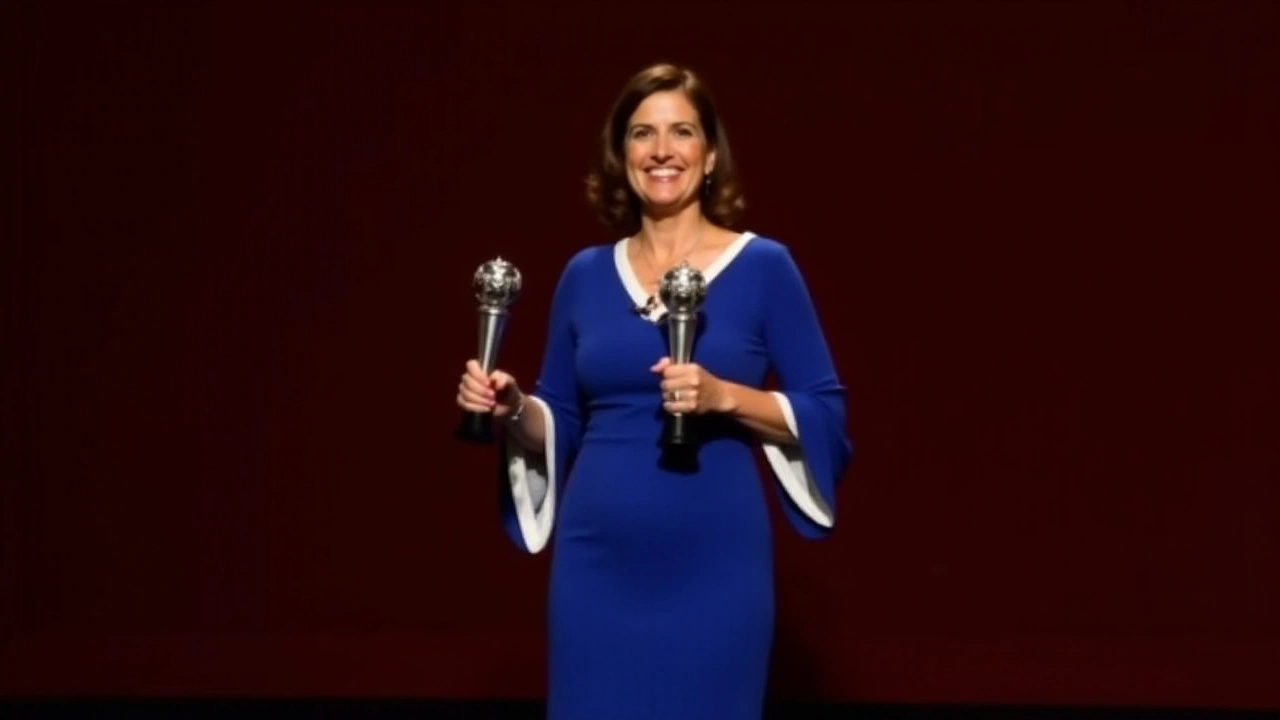
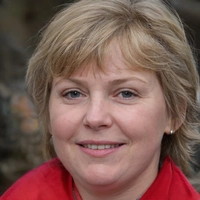
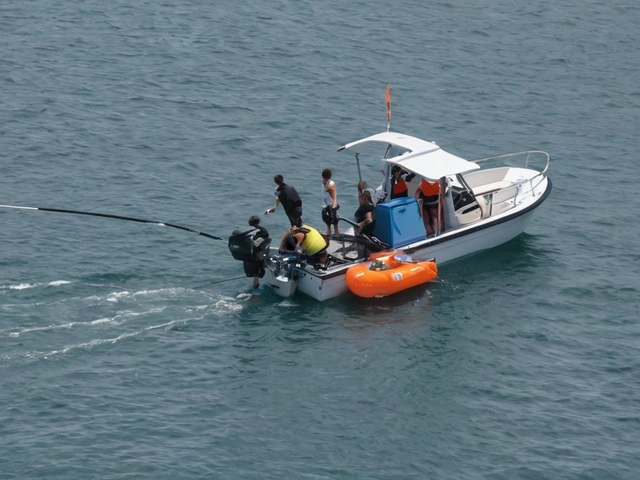
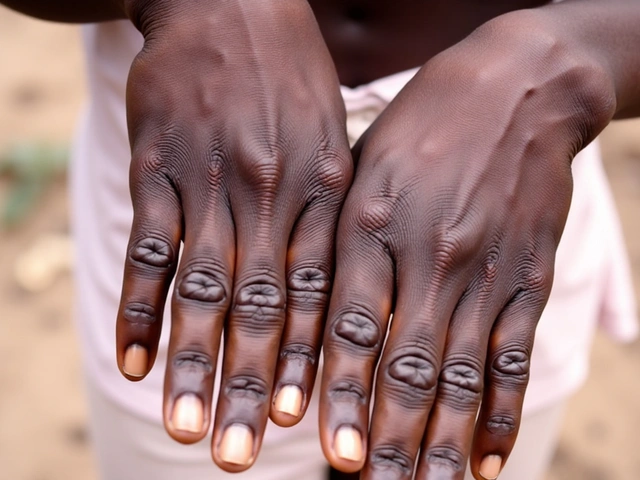
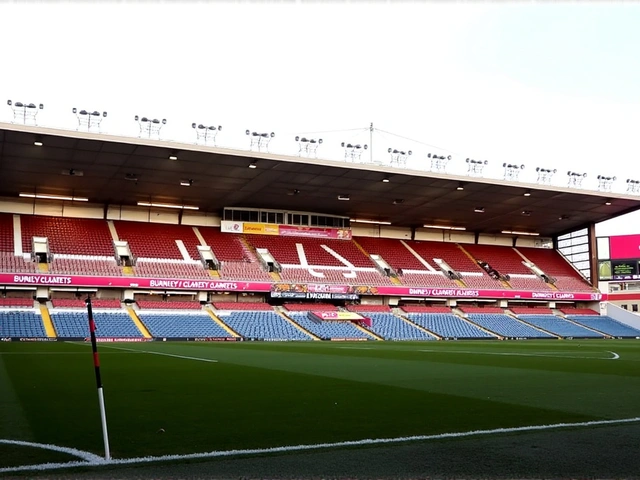
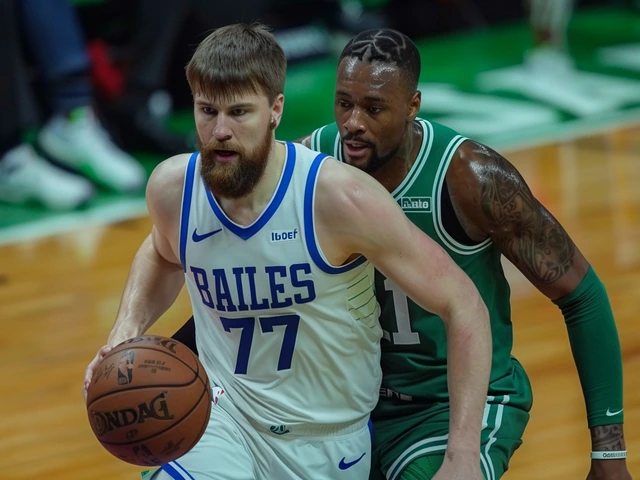
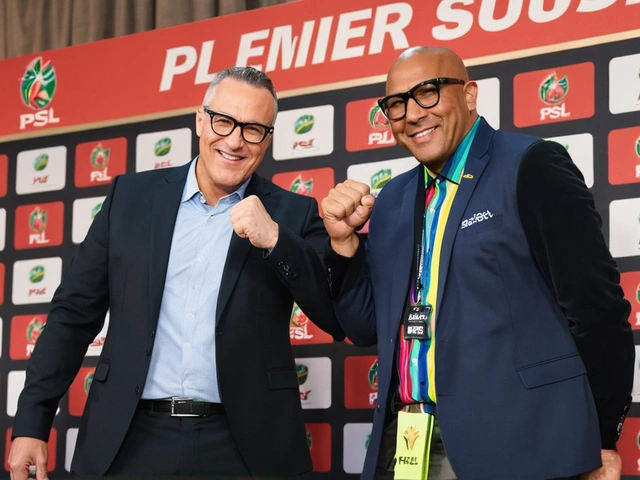
Write a comment